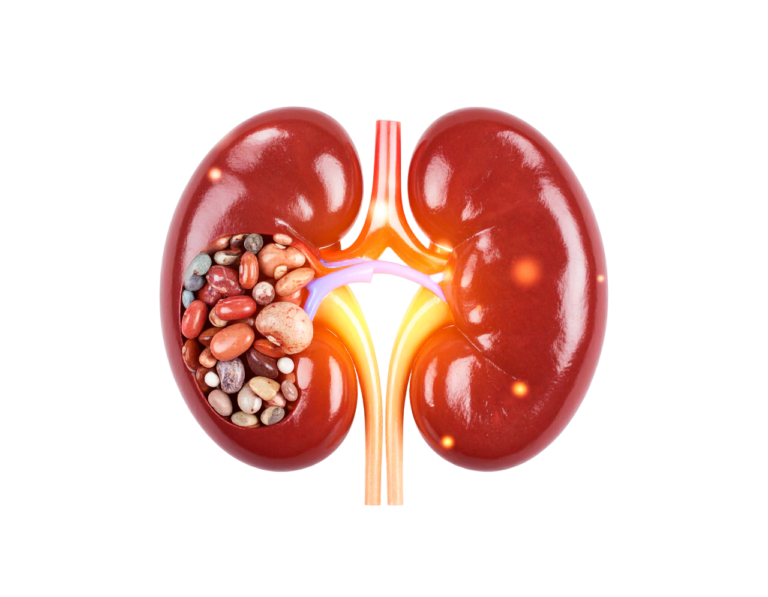Kidney stone symptoms, Early Signs of Kidney Stones -Surecare Clinic Kidney stones can cause intense pain, but they often start with subtle symptoms. Ignoring these early signs of Kidney Stones can lead to complications that require emergency treatment. Don’t ignore the Kidney Stone Symptoms. Get treated at SureCare Clinic, we believe in early detection and prevention. Let’s explore the kidney stones symptoms and how you can stay one step ahead.
Kidney stones affect both men and women, and can develop without warning.”
1. Pain in the Lower Back or Side
A sharp or dull ache in the lower back or one side of the abdomen could be an early indicator of kidney stones. The pain may come and go or suddenly intensify without warning.
2. Burning Sensation While Urinating
Discomfort or a burning feeling while passing urine can be caused by a small stone moving down the urinary tract. This can sometimes be mistaken for a urinary infection.
3. Blood in the Urine
Pink, red, or brown-colored urine may signal that a stone is irritating the urinary lining. Even microscopic amounts of blood (not visible to the eye) can be a sign.
4. Frequent Urge to Urinate
If you feel the need to urinate more frequently, especially in small amounts, it may indicate a stone near the bladder or ureter.
5. Nausea and Vomiting
Kidney stones can trigger nausea or vomiting due to the intense pain or blockage. These symptoms may accompany other signs like back pain or urinary discomfort.
When to See a Doctor?
Don’t wait until the pain becomes unbearable. If you experience any of the above symptoms, it’s time to consult a urologist. Early diagnosis can prevent complications and reduce treatment time.

Worried About Kidney Stone Symptoms?
Book your Urology Screening at SureCare Clinic today.
✅ Affordable Packages
✅ Experienced Urologists
✅ Quick Reports
👉 [Book Appointment Now]
https://wa.me/9966351994
FAQ:
Q: Can kidney stones go away on their own?
A: Small stones may pass naturally, but some require medication or treatment.
Q: What foods can cause kidney stones?
A: Foods high in oxalates like spinach, beets, and nuts, and high salt or animal protein intake may increase the risk of kidney stones. It’s best to stay hydrated and maintain a balanced diet.
Q: How are kidney stones diagnosed?
A: Kidney stones are usually diagnosed using urine tests, blood tests, X-rays, or an ultrasound. At SureCare clinic, we use safe and accurate methods to detect them early.
